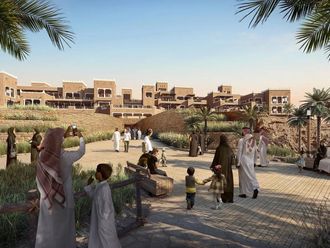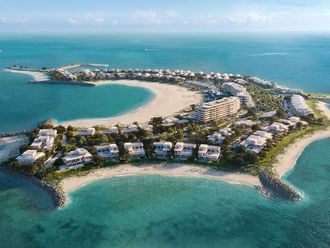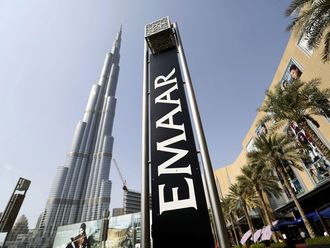The UAE in general and Dubai in particular is characterised by the quality and grandeur of its properties, with real estate sector one of the most important tributaries of the national economy. Therefore, it is significant to issue laws that cope with the real estate and urban development needs of the state.
The UAE has one law applied across all emirates, but there are some local laws issued by the local governments because each emirate is characterised by privacy and advantage. One of the most important among these is the rental real estate legislation, due to its impact on the market and on economic activity, which differ from one emirate to the other.
One of these is Law no. 7 for 2007 related to registering properties. The law has solved many existing obstacles — it encourages foreign investment as it stipulates that non-citizens have the right of a long-term ownership and utilisation for properties in areas determined by the Ruler.
The law also necessitates the registration of all transactions, which will grant the real estate the right of transferring or changing or terminating from the Land Registry (m 9). Among other things, it also obligated the nullification of the registration due to any acts which may violate the provisions of that Act.
Dubai’s applicable laws have allowed the ownership for foreigners in three ways, first by individual ownership; joint ownership through purchasing with other people provided that not exceeding four partners at one property; and through offshore companies on the condition that the headquarters of these companies shall be at Jebel Ali.
These have allowed for the mushrooming of foreign property ownership and the resultant boom that has occurred in the sector, and in recent years has led to the maturation that has facilitated the birth of Real Estate investment Trusts.
This in turn paved the way for institutionalised ownership of real estate assets on the one hand, and allowing for retail participation by the small investor at the other as the emirate continues to make asset ownership the foundation of economic growth and prosperity in the city.
The protection of investor rights is something that is continuously evolving in a fast changing economy. From the regulation of brokers to dispute resolution mechanisms to rental governance, and even to the Tanmia scheme that has allowed for stalled projects to have restarted, Dubai has been proactive in protecting the rights of various stakeholders in response to the challenges. Especially after the first boom-bust cycle of 2008.
Since then, a stringent regulatory architecture has allowed for a more stable construction pipeline and has allowed for the orderly resolution of cases filed since then. No longer can the adage of “Buyer Beware” be applied to the city, as was once alleged in the beginning of the freehold phenomena.
Remember, however, that given the increased complexity of transactions, it is imperative investors take legal advice (opportunities available to even consult with Land Department and RERA) at every stage of the process given that the pace of evolution of the laws are likely to accelerate.
What Dubai has shown is that the participation rate of the private sector in real estate has increased steadily. This could only have been achieved given the strong — yet flexible — regulatory architecture in place, allowing for a transparent mechanism for dispute resolution.
The evolution will only increase as the city gears up to handle greater amounts of foreign money flows. It is in the implementation that the codification of all stakeholder rights are enshrined.
Every stakeholder has been made aware of the rights through on- and offline mechanisms that are readily accessible. But a greater scrutiny of the interpretation of such laws necessitates that (as is the norm with mature economies), legal advice is sought. This practice is already underway.
The writer is a Senior Partner at NMLaw. Part of GCP Group.












